It has been over a year since I attended the funeral of Pola (aka Paula) Wiener — she was 98 years old and a Holocaust survivor. There was a palpable atmosphere in the Hebrew Memorial chapel as family members spoke. Pola was a force to be reckoned with and knew the value of relationships. The stories imparted by her children and grandchildren were uplifting and humorous. It was a true celebration of a life well lived. The family spoke about the joy and love Pola exuded for those she held dear.
Pola was married to her beloved Max for 54 years. He succumbed to cancer in 1999 after a ten-year battle with the disease. For the next 24 years, Pola continued on without her Max and drew her family in even closer. Max was also a survivor. Their stories read like a movie script — riveting, painful, and teeming with resolve.
Pola was only 14 years old when the Nazis infiltrated her small town of Vilna, Poland. Pola’s mother, fearful her young daughter would be captured, tied dish towels together to use as a ladder so Pola could escape from their second-floor window. Pola was instructed to climb down and run for shelter. She didn’t want to leave without her mom and sister, but there was no time for anyone else to safely flee. Her father had already been captured while walking down the street.
All alone, Pola ran to a local bathhouse and hid behind a bathtub for 24 hours as the Nazis searched for Jews. Most of her remaining family members — including Pola’s parents, grandparents, sisters and brother — were captured by the Nazis and taken to Ponary. They were shot and fell to their death in mass graves.
Everyone perished except for Pola’s aunt Zlota. Eventually the two reunited and Zlota implored her to join her on the journey to Russia. Pola’s instincts told her not to leave with her aunt, and so she refused. Her independent nature spurred her to weigh different options for survival. Pola wanted her independence, and they parted ways. Zlota was captured by the Nazis and killed.
Even though Pola was a teenager, she instinctively knew how to protect herself. She was savvy and smart with plenty of chutzpah. It was also a bonus that she had blond hair and blue eyes. Pola could try to pass as an Aryian, and this was an advantage. Coupled with her knowledge of different languages, and common sense, Pola was determined to stay out of the Nazis’ reach.
Once, when local authorities jailed Pola, she stood right next to a wealthy woman and vehemently demanded to let the authorities know she was her daughter. The woman complied and commented on Pola’s assertive nature. Another time when Pola was captured, a compassionate German soldier advised her to hide in the outhouse. There was going to be a sweep of the camp and every Jew sent to their death. Other sympathetic soldiers also gave Pola food to sustain her. These situations helped to make her survival a possibility as Pola was moved from one concentration camp to another.
Max was also 14 years old when the Nazis raided his home in Hungary. He had overheard stories of Nazis storming cities, taking Jews and then the nightmare happened in his town. When Max arrived home from school one day, he found the house empty, and his parents gone. Max never saw them again. Frightened, he quickly ran to his aunt and uncle’s home for safety. He hid in their basement until the situation improved. Max was an only child and had no one else to rely on. Here, he learned a valuable skill. His uncle was a baker — bread was his specialty. Max was taught the art, and he became quite proficient.
As the months passed, Max’s life seemed to take on some semblance of normalcy. But that was only temporary. The Nazis returned and Max’s life was upended once again. His aunt and uncle were killed by the Nazis and Max, being young and talented, became their valuable commodity.
He was swiftly taken to the front lines of battle to bake bread for hungry soldiers — the Nazis used his skill for sustenance. Max was scared and anxious, but knew he had to maintain his composure to survive. The situation was surreal. In a flash, Max’s entire life changed.
With bullets and bombs flashing nearby at all times of the day, Max grew resilient and learned how to maneuver through the insanity. Even when he was shot in the arm by a stray bullet, Max continued to work diligently. With his captors nearby, Max had to be careful about his every movement. He didn’t want to raise any suspicion and he needed the Nazis to be satisfied with his baking. To escape would be suicide — Max knew he was their prisoner.
When the war finally ended in 1945, Max decided to emigrate to Israel with so many of his fellow survivors. When it came time to leave Hungary, Max was excited to be on his way to a safe and new life in the Holy Land. However, the ship he boarded was headed in another direction — Austria, to a displaced persons camp.
Max joined the kitchen staff and served all who came through the building for a warm meal. On one occasion, he was dolling out soup and noticed a young, beautiful girl waiting in line who was looking at him — Max was smitten. Pola was also taken aback by this tall, handsome man staring at her. It was genuinely love at first sight. Max dug to the bottom of the cauldron to ensure that Pola had the best part of the soup and handed it over to her. Pola tried to express her gratitude, but Max only spoke Hungarian.
The language barrier didn’t stop Pola from building a relationship with Max, while fighting off the other Hungarian women who were chasing after him. They married and had their first child while still in Austria. Jack was born in 1946.
When perusing a Jewish newspaper, Pola read about a sponsorship program in the United States. She advertised to find Max’s uncle, Morris Feldman lived in Detroit. Strangers responded to help her family. They knew Morris, who was very ill, and took it upon themselves to sponsor Max and Pola. Baby clothes and money were sent to sustain them until all the requirements for relocation were approved. Pola and Max couldn’t wait to leave the country and their dismal memories.
In 1949, their family of three boarded a ship headed for New York Harbor. When they safely arrived and were disembarking the ship, a movie was being filmed about immigrants entering the port. Jack was told, “My dad was holding me, I was three years old, and my mom was by his side. The movie was called The Glass Wall. It’s about a Displaced Person, a survivor of Auschwitz and a Communist prison in Hungary, who stows away on a ship to New York. It was released in 1953.” Much to the surprise of the Wiener family, their exit from the ship was shown at the beginning of the film.
A job was arranged for Max at a local bakery. He also honed his baking skills at home. They settled into an apartment in Detroit and life began anew for the family. Friendships with other survivors were made and soon their social life blossomed. Laughter, dancing, singing and unbridled fun filled their home, but memories of the past still lingered.
The family blossomed as David was born in 1951 and Ellen in 1959. They moved to Oak Park, and life in America was taking hold. While Max and Pola had a deep and unabiding love for one another, at times their differences came through with a vengeance. Each held to their individual perspective on issues and stubborn natures prevailed.
Jack remembers a warm and loving home, but also the endless quarrels. He commented, “My parents had difficulties with me and my siblings due to communication problems. They did not exactly understand the ways of American people and a lot of arguments transpired because of that.”
In the late 1960’s and 70’s, most American-born parents couldn’t relate to the changes in society, let alone parents that came from Europe and managed to live through the Holocaust.
But life carried on in the Wiener household. Pola adjusted and gravitated to a group of poker playing women — three to four times a week, she partook in the fun and competition. Pola was also a dedicated mother and housewife who was a master chef preparing European dishes for her family. However, when it came to American cuisine this was not her forte. Her son David reflected, “My mom’s attempt at American cooking left a lot to be desired. She would force feed me her pot roast, but when she wasn’t looking, I would spit it out.”
David also added that his dad instilled a strong work ethic in him and his siblings. “My dad was disciplined and a hard worker. He would leave early in the evening for the bakery — 5:30pm and return by 2:00am. He worked overtime as well. But he made time to collect stamps and coins, and he even taught Jack how to play chess. He was also proud of my athletic ability. My dad wanted the best for his children.”
Ellen, who is the youngest sibling, recalled the love and genuine concern her parents had for their family. “They were always there whenever I asked or needed help. They were very generous, both with their time and monetarily. Before my dad retired, my mother would watch the grandchildren when my sister-in-law Suzi and I went back to work. We could always count on their support.”
She also added, “My dad never missed a day of work, not even for my birth. His friend drove my mom to the hospital. He took so much pride in the quality of the product he made and was gratified to have a trade that would always be important. My dad would say, ‘People have to have bread!’”
When the Wiener children were growing up, there were occasions when stories of the Holocaust surfaced. David remembered, “I was around eight years old, and my mom would tell me stories about her experiences in the concentration camps. I would try to listen, but she usually broke down and started to cry. I was too young to fully understand the impact it had on her.”
Ellen and Jack had similar encounters. Jack recalled, “My parents were always reluctant to speak to me about their horrifying experiences. I was a teenager, and it was difficult to relate. I couldn’t imagine the terror they both endured.”
Says Ellen, “I was about 15 or 16 when my dad told me long, detailed stories. I felt forced to listen and felt detached. Years later when I married Sandy, who was very happy to listen to my dad’s legacy, I began to appreciate the importance of what he and my mom went through.”
In 1983, Pola and Max embarked on a trip to Washington D.C. along with 15,000 other Holocaust survivors. They came to use a new computer database which was established to locate missing friends and family with whom they were separated during the war.
Then in 1994, Steven Spielberg established the Shoah Foundation. He wanted survivors to document their stories for future generations. It is the largest collection of genocide testimony in the world. Max participated. Says Ellen, “I sat next to my dad through the entire video interview. As he talked about his experiences with the Nazis, I cried a lot.”
For those who knew them, it's hard to believe that Pola has been gone for a year already — and Max for 25. And hard to imagine what they would make of a country and world in which antisemitism is resurgent. From the darkest chapter in modern history, they forged a path to a better life. May their memories be for a blessing and their legacy be a safer world for everyone.
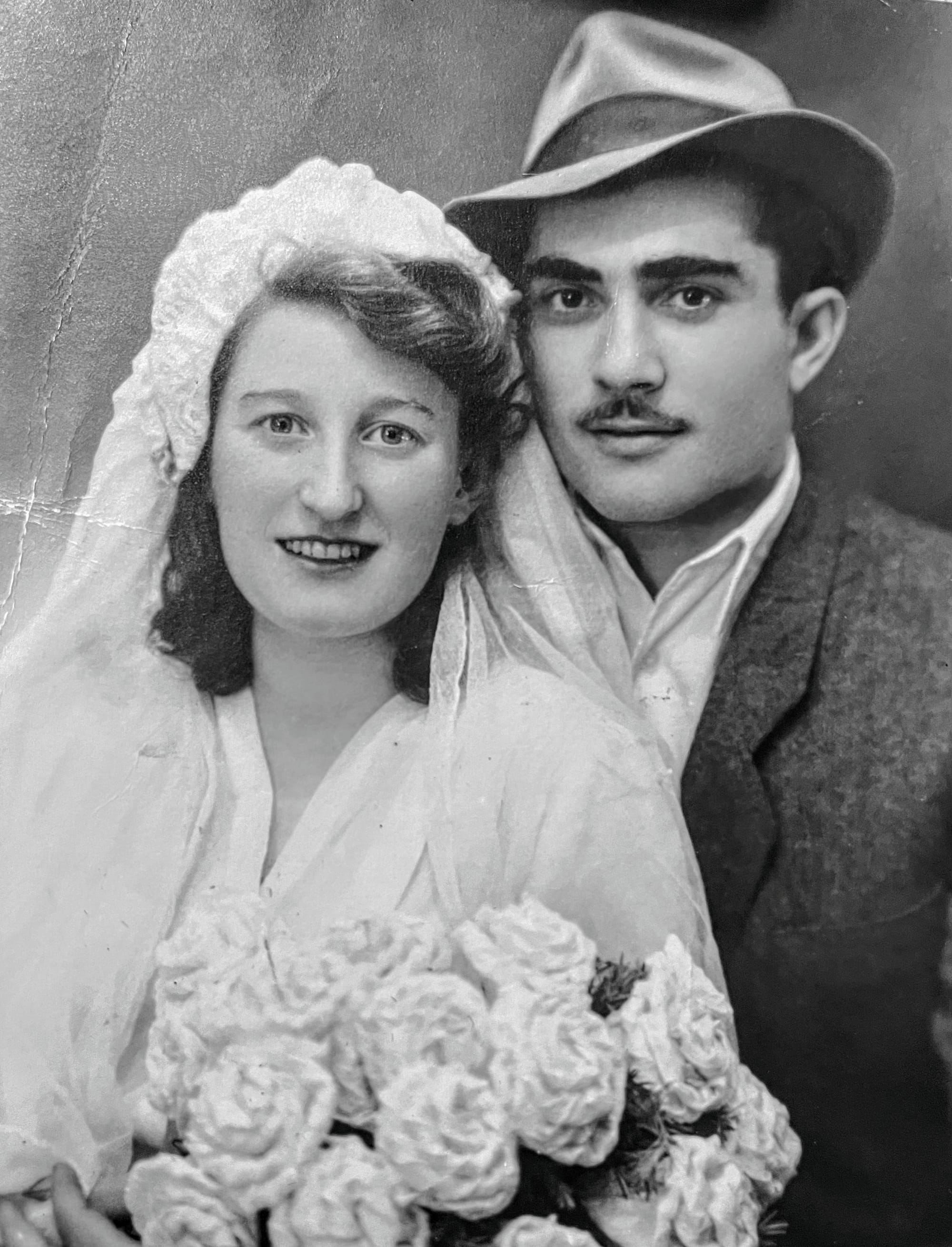
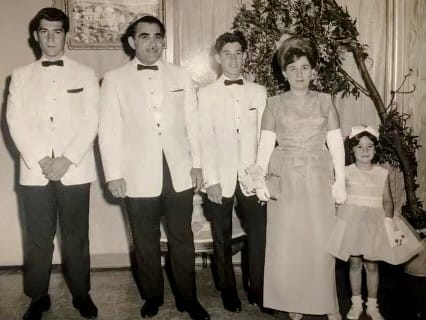
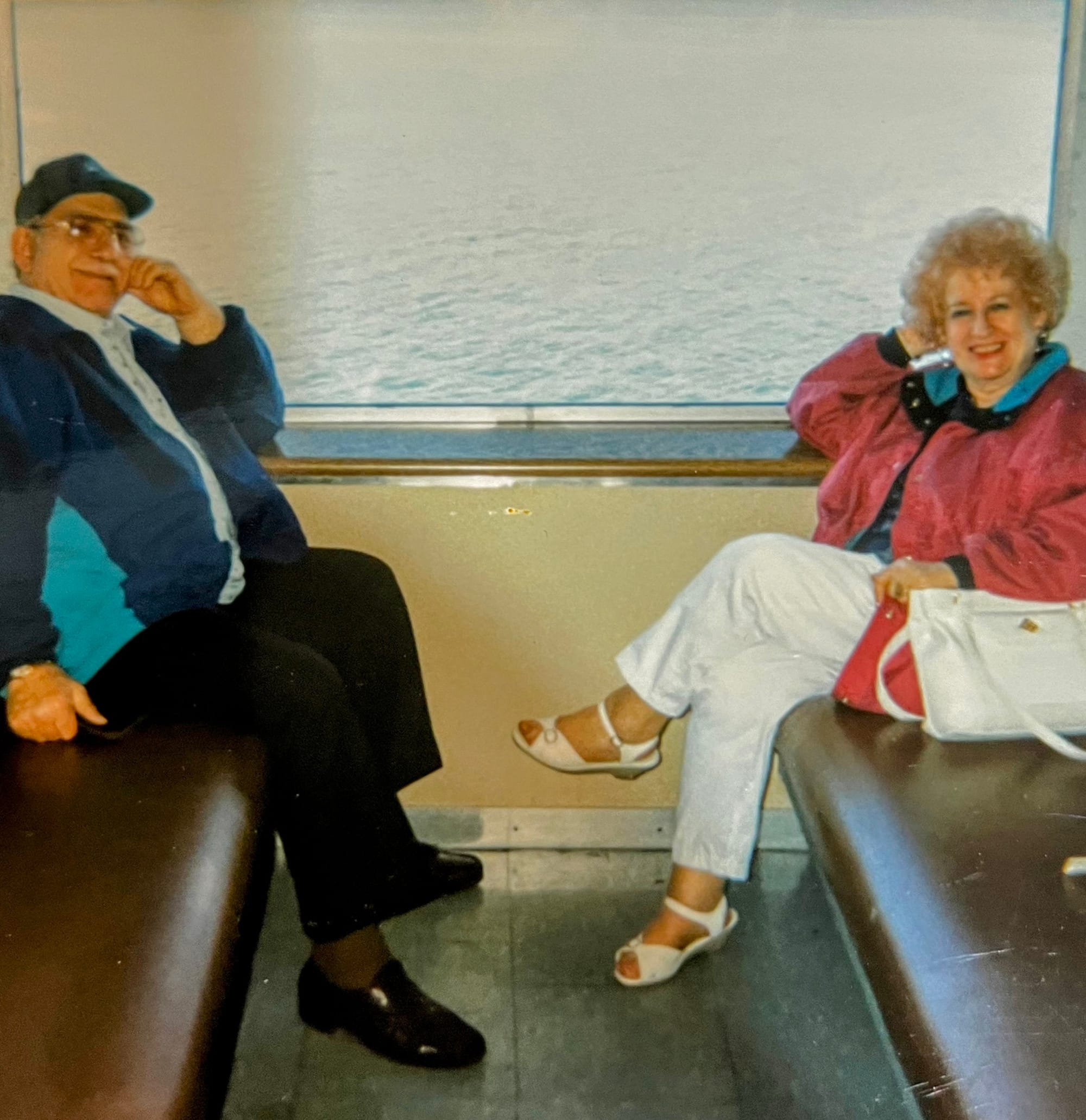
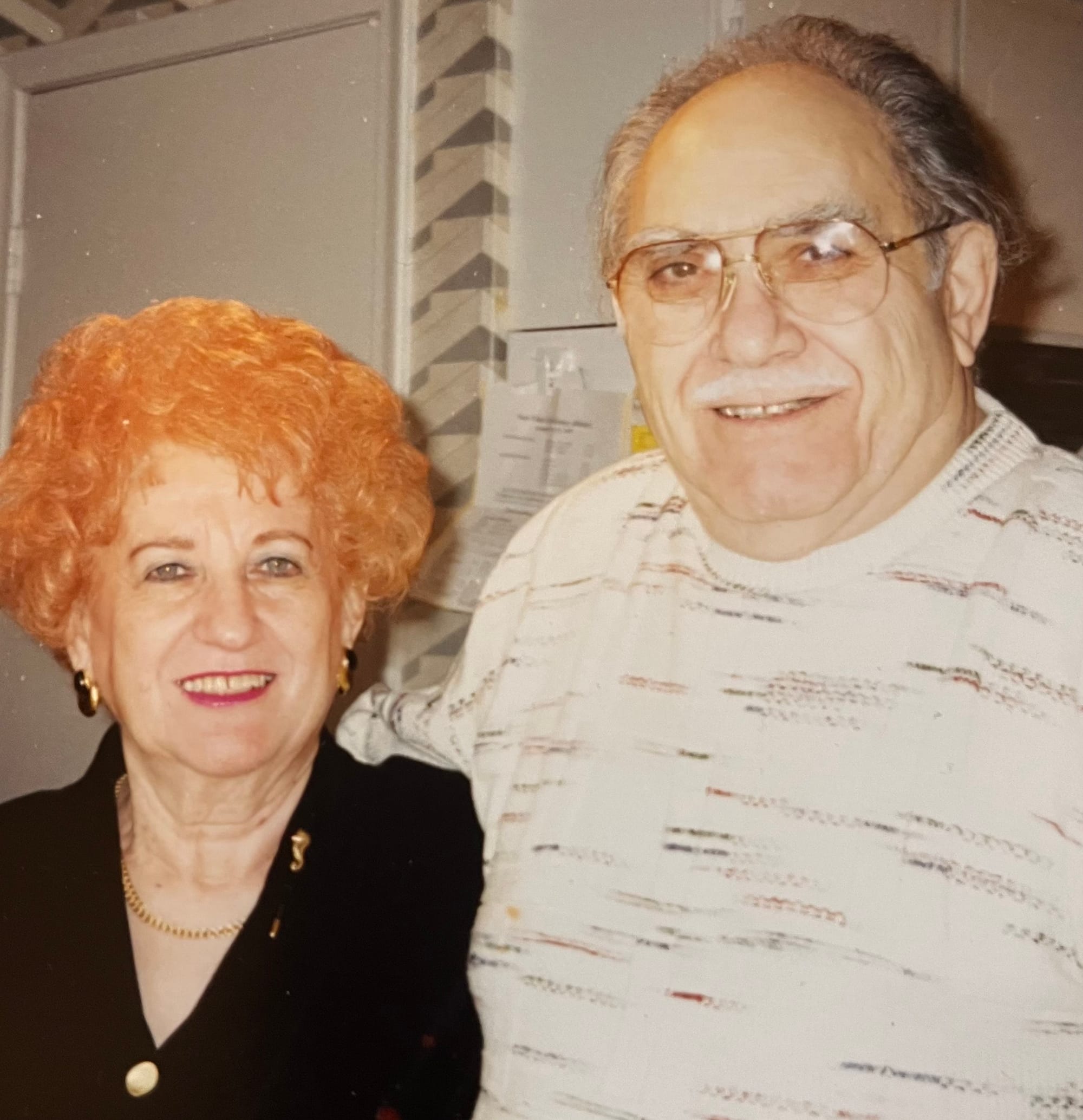
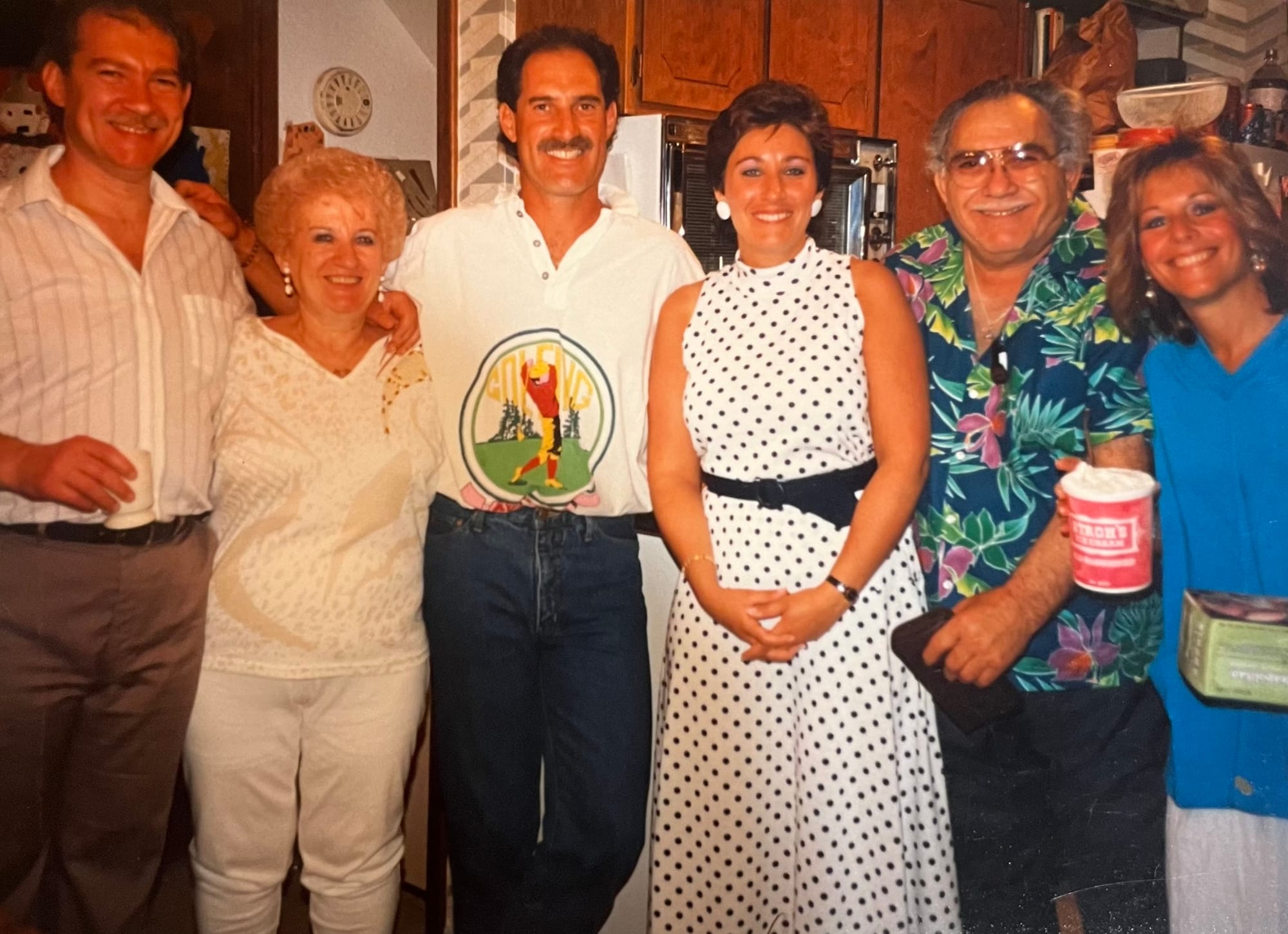
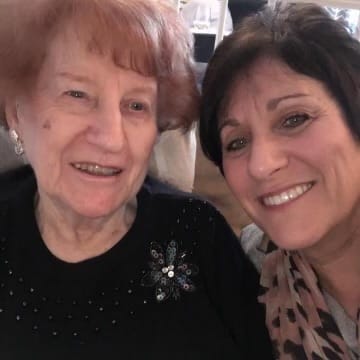
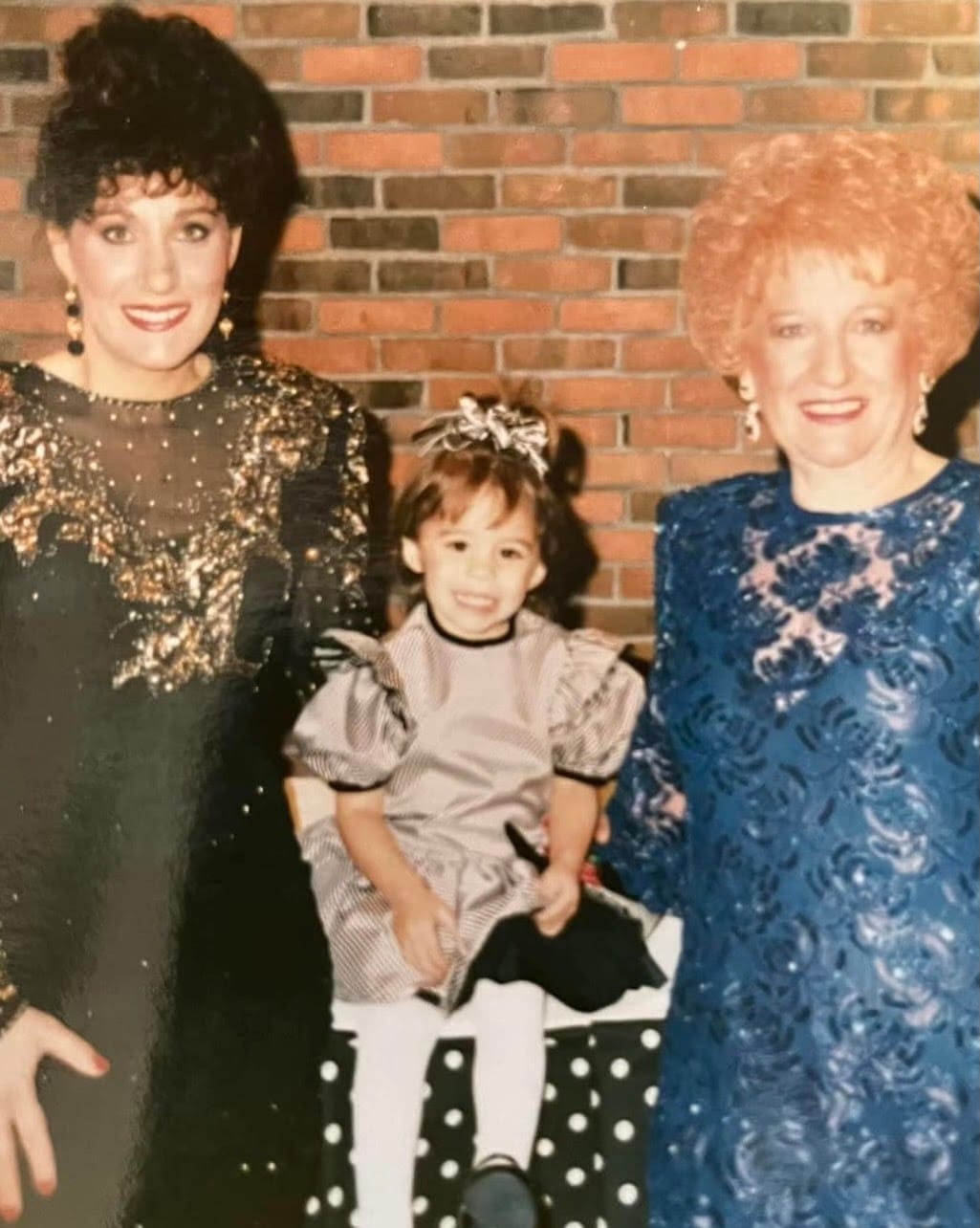
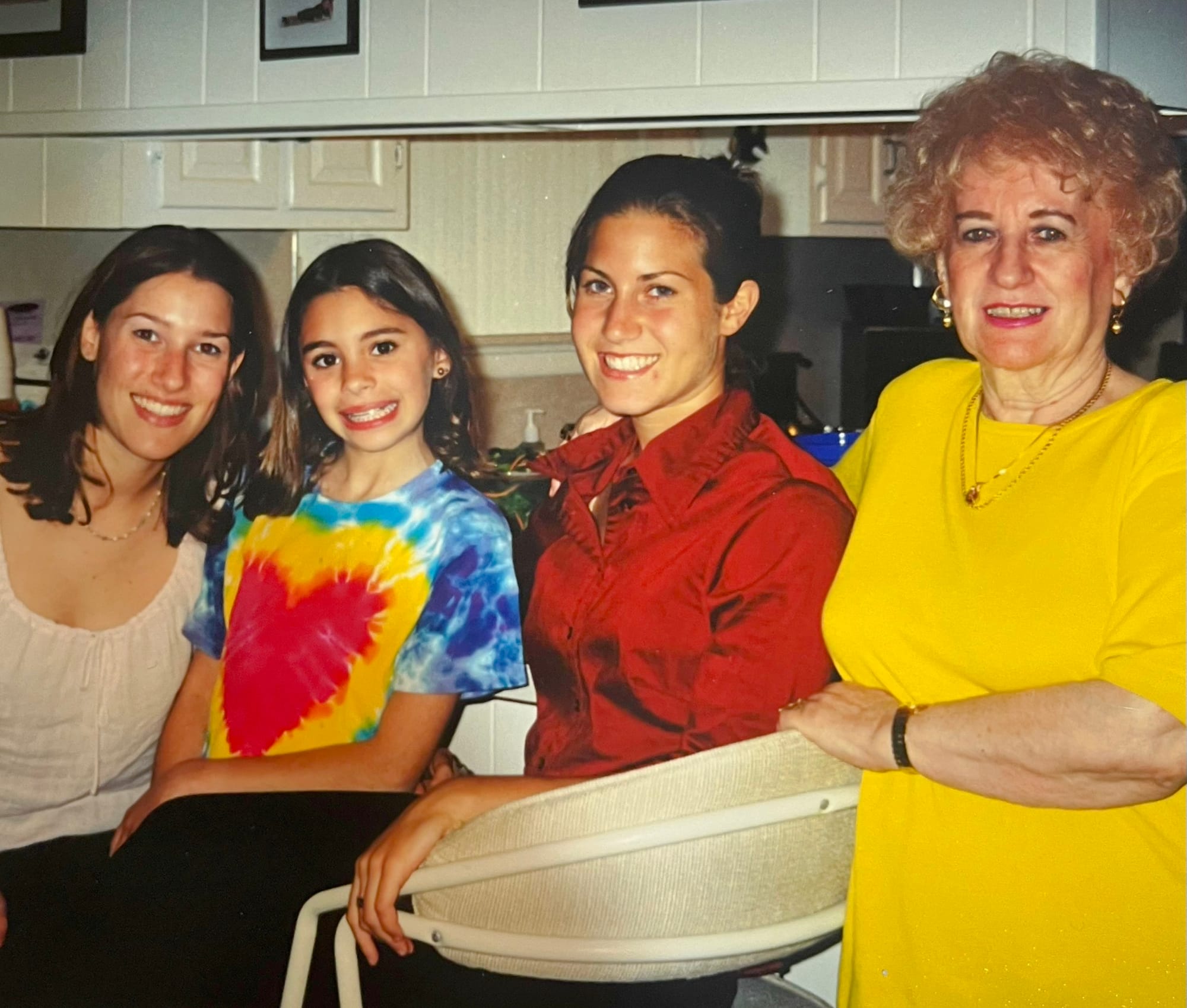
Comments
Sign in or become a Nu?Detroit member to join the conversation.
Just enter your email below to get a log in link.